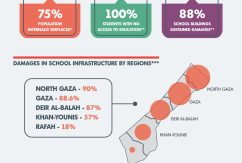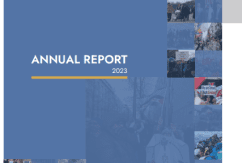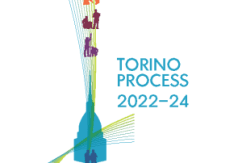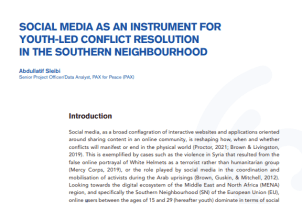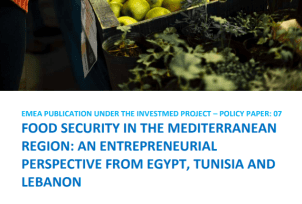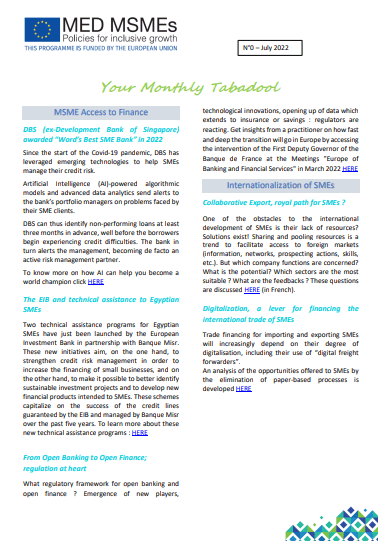EU Green Deal: How does it contribute to a clean energy transition in the Mediterranean and Africa?
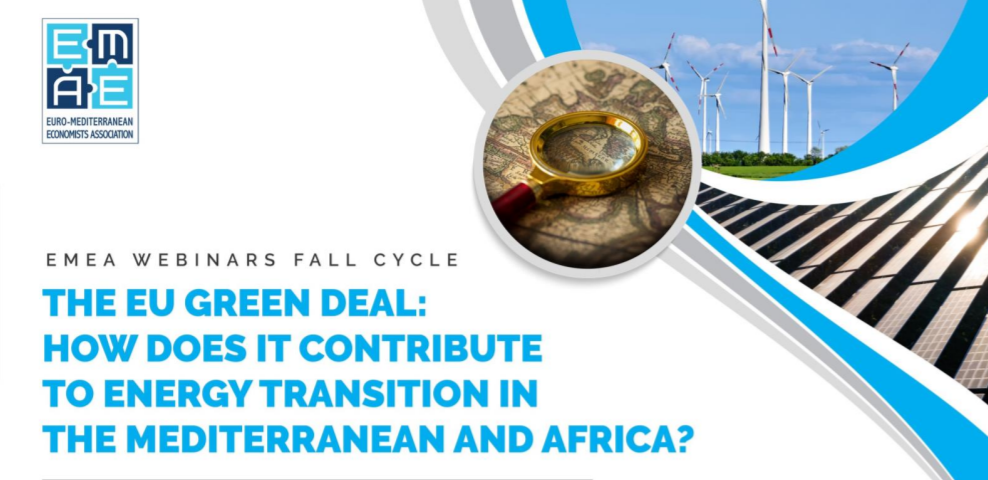
On December 10, Professor Rym Ayadi opened the web seminar on the external dimension of the EU’s Green Agreement and analysed how this policy will contribute to the transition towards clean energy in the countries of the Mediterranean and Africa. Climate Change is one of the main worldwide challenges and the EU’s Green Deal expects a set of integrated policies to be established in all Member States, implementing measures with a cross-sectoral approach to face the challenge. Economic growth should change the path, providing an opportunity to integrate economies towards a more inclusive perspective.
The EU Green Deal sets the major goal of achieving EU climate neutrality by 2050. This objective will also involve the creation of the EU Climate Law which, although currently only a political commitment, will become part of EU law in the mid-term. However, the green economy transition will require the contribution of multiple actors: from industry, business, governments to citizens, but it will also require significant investment supported by adequate financial tools. One of the main actions to move from a brown to a green economy is the decarbonisation of the energy sector. The investments needed to adapt and improve buildings and transport are very costly. To this end, it is planned to help EU countries to develop all actions through the Just Transition mechanisms, which will mobilise financial support of about 100 billion € between 2021 and 2027.
Download








